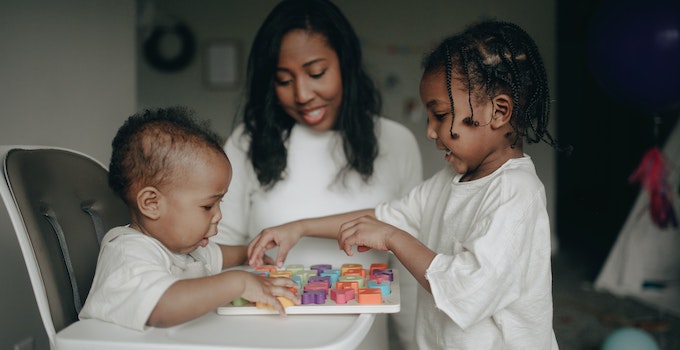
Fostering a baby or a toddler requires resilience, patience, and understanding. It is a big job, and it will challenge you in ways you didn’t realize you could be challenged. However, the flip side of this is that fostering a baby or toddler is also extremely rewarding for both you and the child in question. By opening your home to a child in need, you are giving them a chance they may not have otherwise had, so congratulations, but make sure to be properly prepared. These are some tips to help you do just that.
Clear Your Head
You don’t get this far without official training courses and in-depth assessments. A professional foster care agency will have a multi-step process that must be legally observed to protect the children under its agency. It also ensures carers know what they are signing up for, as fostering can often be misconceived before beginning the journey. Through this process, you will gain a deeper understanding of what is expected during a typical day as a foster carer.
Babies and small children often require extra or different training than other ages as they are typically more dependent. Therefore, letting go of any pre-formed assumptions around what life will be like with your new responsibility is the only viable way to move forward successfully. Here are some handy helping points for clearing your head before you meet your foster children.
- Absorb all of the training on offer. Don’t be naïve to think you won’t benefit from it – keep an open mind and sign up for everything on offer. There is no such thing as being too prepared when it comes to fostering.
- Accept that there will be problems to solve from day one and make peace with things not being atypical or smooth sailing.
- Get some advice and real-life experiences of other foster carers in a similar position and create connections to build a support network. Fostering is rewarding, but it is demanding too.
Get the Right Equipment

Usually, the fostering agency you signed up with will provide you with a grant to acquire what you need for the child coming into your home. Spend it wisely. There are things you do need and stuff that is unnecessary. Small children need a surprising number of things, but they are all largely practical. Aside from clothing (coats, shoes, general clothes), bottles and formula may be needed or a pram and a cot. Make a list and cross reference it with online advice and friends or fellow foster carers to avoid wasting money on something that will never be used.
Alongside the practical equipment, make sure the house is ready too- baby gates are a must for small children, for example. Very young babies under six months will have to sleep in the same room as the primary caregiver, which can be a big shift in routine too.
Attachment Building
The majority, not all, of young children going into the care system have had a turbulent start to life. Therefore, their attachment capacity and ability to form relationships with caregivers may not be fully formed, or malfunction. What does this mean for you? It means this child does not trust you (or anyone). Therefore, they will not have typical responses or behavioral patterns. There will more than likely be sleep issues, eye contact will be difficult for them as well as communication and expressing any positive emotions. Often, big displays of anger are commonplace, and extreme meltdown style tantrums will probably become the new normal. Attachment building is a slow process and may never be fully resolved.
Developmental Catch-Up
Aside from the attachment issues, the young person may also be behind developmentally. Perhaps they haven’t hit a milestone like walking, standing, or crawling. They may not be toilet trained yet or be reluctant to basic communication skills. All of this is not your job to fix, exactly, but it will be your responsibility to encourage the missing skills to slot into place and oversee this process for as long as the child is in your care.
Fostering a child in need is a humbling, yet amazing experience – just make sure you are prepared!
You may also want to read: